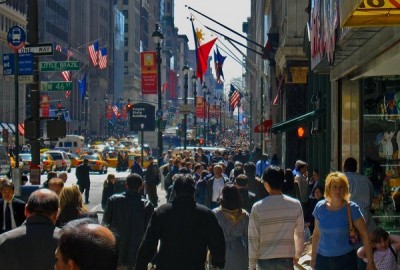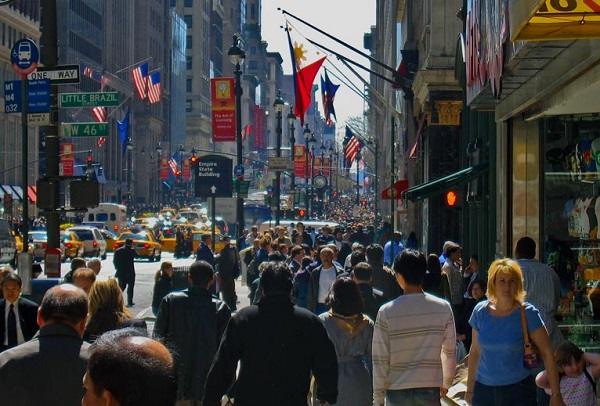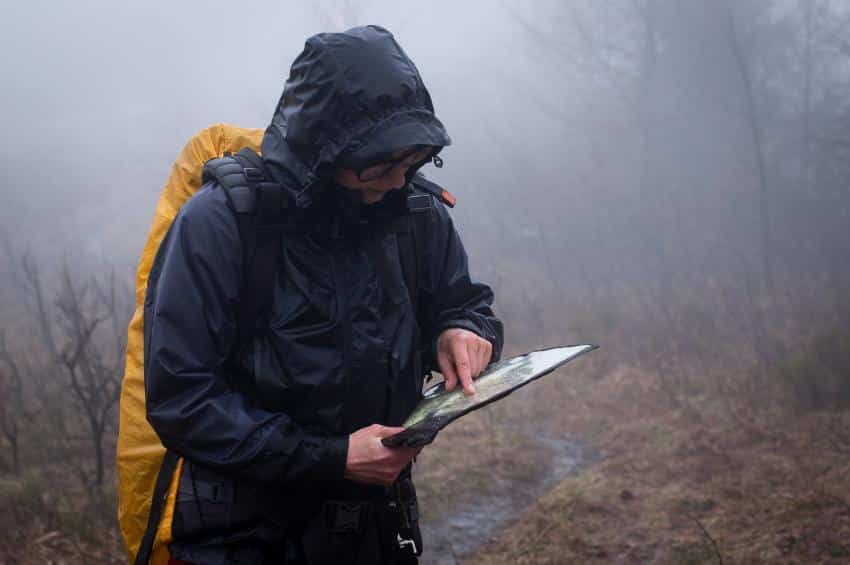 My favorite saying is “chance favors the prepared.” It is a credo I live by. And chances are, if you are reading this article, and/or regularly visit this website, then you are most likely taking necessary steps to ensure that you and your family are prepared for an emergency situation. But are you overlooking the small but crucial things?
My favorite saying is “chance favors the prepared.” It is a credo I live by. And chances are, if you are reading this article, and/or regularly visit this website, then you are most likely taking necessary steps to ensure that you and your family are prepared for an emergency situation. But are you overlooking the small but crucial things?
A few weeks ago I picked a friend up on our way to a gun show. The country’s “Polar Vortex” was winding down, but it was still barely above freezing, maybe 38-40 degrees Fahrenheit. When he got into my car, I noticed he did not have a heavy coat, but more of a thin jacket.
It was a 60-mile round trip to the show, and while we did not have any incidents, I wondered what he would do had we become stranded halfway to the show. If the car’s heater stopped working, he would be getting pretty chilly pretty quick.
I carry a spare wool blanket in my trunk, but that isn’t the point. The point is that he did not have any prior planning in case something did happen. The old adage, “Dress one layer warmer than needed” certainly holds true. Last year, over 500 people died and more than 2,500 suffered injuries due to weather related events.
The next thing I noticed is that he did not put on his seat belt. Why? Is it an annoyance? Sure. But it saves lives.
This got me to thinking about not just how or what people prepare for, but WHY they prepare. If most people prepare to ensure their survival, then wouldn’t it make sense that you take precautions with things which can immediately impact you first? Then prepare for other possibilities?
Since the terror attacks of 9/11, less than 20 people have been killed by terrorist activity (within the U.S.) But more than 45,000 Americans each year are killed in auto accidents. Do you always wear your seatbelt? Do you obey the traffic laws? Or do you speed? Text and drive? Have a few beers and then drive home?
When you read or think about being prepared, I bet prostate and/or breast exams don’t spring to mind. But maybe they should. Each year, more than half a million Americans die because of cancer. In 2013 alone over 1.5 million were diagnosed with this horrible disease.
Early detection saves lives!
When was the last time you checked the battery in your smoke alarm? More than 3,500 people a year are killed in house fire. Do you have a fire extinguisher? Can you get to it easily? Have you inspected it lately? Teach your family fire safety? Have an evacuation plan, and a pre-designed rally point. Test your smoke alarm every time you change your clock for daylight savings!
Nearly 80 percent of the world’s population lives by bodies of water. If you don’t live by an ocean, lake, or river, chances are you visit/vacation/drive by one. Around 4,000 Americans a year are killed due to accidental drowning. Are your CPR skills up to date? If you are by a large body of water, do you have life jackets for you and your family? Are they USCG approved and fit correctly?
And finally, the number one cause of death in the U.S. is heart disease. Like cancer, it kills over half a million Americans a year. The risk of heart disease will increases as you get older, but the risks also increase if you are a smoker, have diabetes or high blood pressure, and/or have a poor diet.
A little bit of exercise and better eating habits could do more to save your life than stockpiling beans and bullets!
More and more people are taking steps to ensure they survive in an emergency situation. They prepare for crisis scenarios. Yet they overlook the things which kill thousands of people every day. Why prepare for an end-of-the-world event while ignoring things that are already killing people daily? Is that really being prepared?
It is well to be prepared for life as it is, but it is better to be prepared to make life better than it is. — Sargent Shriver
Sign up for Off The Grid News’ weekly email and stay informed about the issues important to you









